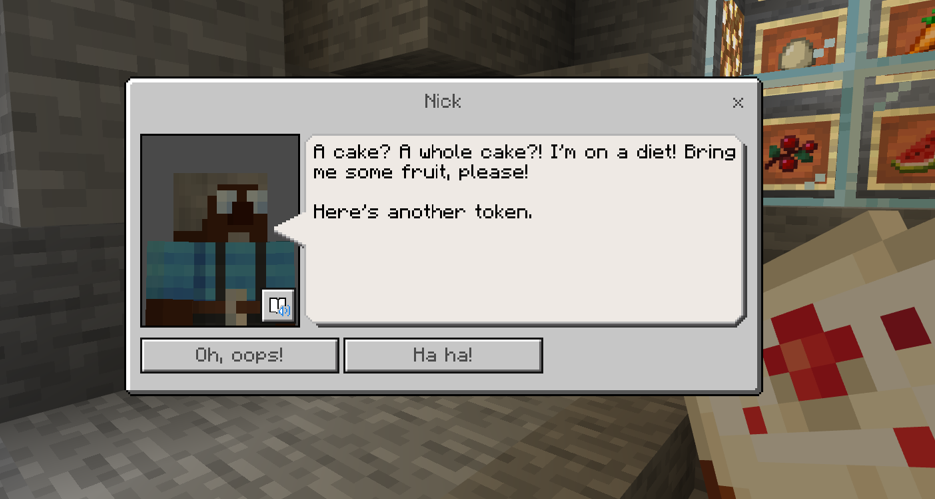Learn to love your mistakes
Children often worry about making mistakes, but mistakes are an important part of learning a language! Everyone makes mistakes – from beginners to advanced learners, and native English speakers.
In our official Speaking guidance we say, ‘don’t worry about making mistakes. Communicating is the most important thing!’ A child who communicates a lot and makes a few mistakes is much more likely to develop their confidence and skills than a child who communicates very little because they’re afraid to make mistakes.
The psychology behind mistakes
Research tells us that giving your child the freedom and confidence to make mistakes creates better recall of new information. It will mean better learning outcomes for your child.
So what does this look like in practice? Well, we must of course give our children feedback to help them learn, improve and progress. But at the same time, we must be careful that our feedback does not discourage children from expressing themselves, taking risks and experimenting with language.
For example, let’s look at the difference between these two pieces of feedback: Child: ‘I go swimming last night.’ Feedback A: ‘Oh that’s nice, you went swimming last night.’ Feedback B: ‘No! You went swimming! Use the past simple for past events.’
We can see that Feedback A is a more positive way of acknowledging what the child has said, while providing feedback on accuracy. Feedback A encourages the child to continue with their story, whereas Feedback B is much more likely to make the child stop and hesitate to express themselves again for fear of making another mistake.
Top tips to try at home
It’s important to remember that communication is the goal and mistakes are secondary – just like in real life.
Here are a few tips to help your child feel comfortable making mistakes:
- Don’t feel limited to the topics covered in your child’s English lessons. Sometimes the best communication is spontaneous or linked to your child’s favourite interests.
- Let your child have fun with English. They might like to try new expressions they have heard, such as in their favourite cartoons or books.
- Encourage funny answers, faces and voices! If the stress is not on speaking, but on being fun and silly, children often forget their fear of making mistakes.
- Do not overcorrect during a conversation. If a mistake keeps happening, make a note of it and come back to it later.
- Look relaxed so your child knows you are happy with what they are saying. Accept very short answers and mistakes. The important thing is for your child to say English words without worrying.
- If you are not confident having a conversation in English, you might prefer playing a game instead. For example, What can you see? That car is red! I can see three buses!
For more tips, watch our video for parents and families supporting children learning English at home.
Support from Cambridge English
Making mistakes may seem strange, particularly when your child is working towards an exam.
At the heart of all our exams and support, we encourage communication and making mistakes to learn, including in our exciting new language-learning experience built in Minecraft. English Adventures with Cambridge gives your child an authentic and immersive English language-learning experience that they can try at home.
The game is very far from a standard vocabulary or grammar exercise with a score at the end! Just like in real life, your child will receive feedback as they meet new characters, solve mysteries and complete puzzles. To take an example, players meet a hungry dwarf and they need to feed him exactly the right treat!

Play our new Minecraft with your child!
We have created a fantastic new learning experience in collaboration with Minecraft. Help your child practise their English at home while having fun.
Play English Adventures with Cambridge
Read more about how making mistakes can help to learn English in an article by our assessment expert Maija Kozlova.